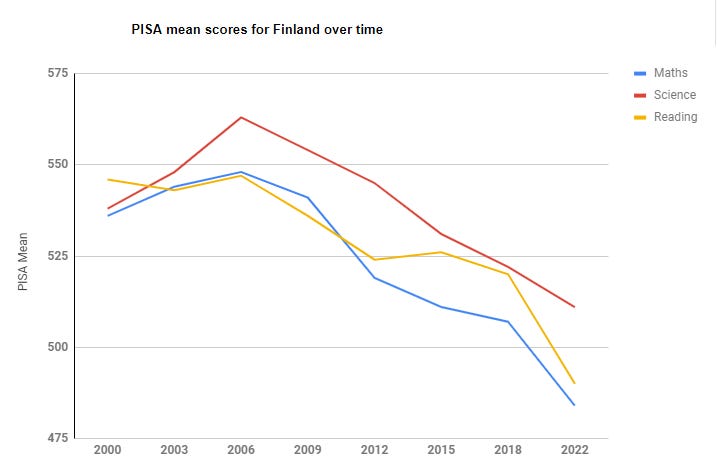My daughter competed in the Victorian Country Athletics Championships or ‘Countries’ last weekend, so my week started at the track. I have to remark that the kids who are involved in state-level athletics seem a remarkably polite and considerate group. They cheer each other on and, at the end of a race, immediately congratulate the person who beat them.
However, this may have been particularly apparent because this was the Countries in which students from Melbourne could only compete by special invite. Mercifully, it was held in Ballarat and so the usual logistics of heading out to Bendigo or, worse, Gippsland were avoided. I was reminded that the Commonwealth Games, promised by the state government who also promised the athletics events would take place in Ballarat, were swiftly cancelled after they won the last election. I felt sad for these young athletes. Many of the sweet kids competing last weekend had dreamed of running for Australia on home turf in 2026.
The games are currently without a host so give it some thought you Britons, Canadians, Kiwis and other members of the Commonwealth.
This week’s Curios include a podcast, a free lunch, gender politics and much more. I hope you enjoy them.
Podcast of the week
Recently, I was interviewed by Doug Lemov for the Sweat the Technique podcast. We discussed cognitive load theory.
You may find our discussion interesting. We range around cognitive load theory and a few other issues.
Gratuitous mention of Finland of the week
I bear Finland no ill will. I wish students in Finland the very best for their experience of school. However, the time has long since passed when we should be writing hagiographies of the Finnish educational system, divining what we wish to see in it and then using this as an argument to press our own parochial priorities. Finnish education was made famous in the early 2000s by its Programme for International Student Assessment (PISA) results. Sadly, since about 2006, these results have been in precipitous decline.
I wonder if this is partly the fault of anglosphere education professors. The Finns started to believe what the professors were saying about them — that Finland’s circa 2006 performance was due to educationally progressivist policies. They then doubled-down on these approaches, ironically introducing models favoured by these professors. This is perhaps how they arrived at ‘phenomenon-based learning,’ or ‘PhenoBL.’
And many myths have developed about Finland. One such myth is that they have no private schools. This is not quite right and, furthermore, upper secondary school is selective, with vocational and academic paths determined by test scores. Never mind. The truth is a mere inconvenience.
Writing in Australia’s The Saturday Paper, Elizabeth Farrelly reheats the spoiling leftovers of the Utopia Finland movement.
“Starting with a 1963 parliamentary decision, the Finnish government gradually introduced peruskoulu. They banned private schools and invested everything in public school system excellence. They shrank the school day, reduced homework, increased play, extended holidays, paid teachers better, educated them more highly and, above all, trusted them. They ended external ranking exams and formal school inspections and instead encouraged teachers and schools to exercise their professional judgement.”
Yeah. Right. At least Farrelly admits Finland has, ‘dropped back a place or two,’ since its giddying heights. Which is an interesting way to frame it.
Gender divide of the week
Society has been complaining about young people since the first Pharaoh asked an architect if his tomb could be really big and pointy. Criticism of the young only seems to cease when they put their lives on the line to save us from foreign despots.
Nevertheless, trends in what young people are thinking are of particular importance because they give hints at the future.
Keep reading with a 7-day free trial
Subscribe to Filling The Pail to keep reading this post and get 7 days of free access to the full post archives.






